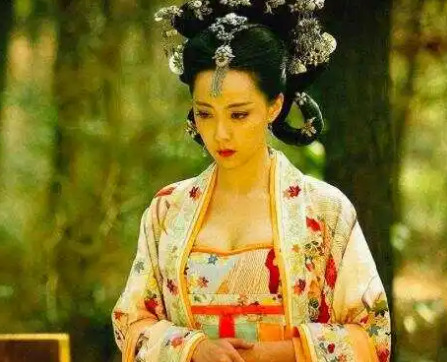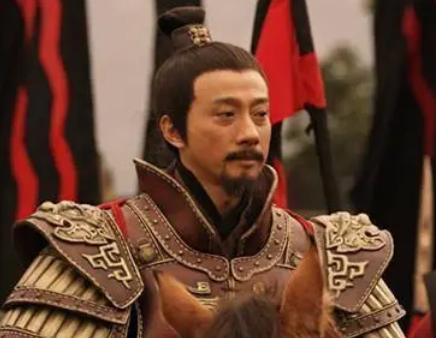In Chinese history, Emperor Zhu Di of the Ming Dynasty is a controversial figure. His life is filled with legendary color, accompanied by many chilling legends. Among them, a widely spread story is about Zhu Di alive flaying 3,000 palace maids. However, is this story true or false?

Firstly, we need to trace the origin of this story. It is said that after seizing the throne, Zhu Di brutally persecuted the palace maids to consolidate his reign. It is alleged that he once ordered the alive flaying of 3,000 palace maids to vent his hatred. However, the true source of this story remains a mystery. We have not found any precise record of this event in historical documents. Therefore, from a historical perspective, the authenticity of this story is questionable.
Secondly, we should analyze the historical background behind this story. During Zhu Di's reign, he indeed imposed strict management and rectification on the palace personnel. This is because he was deeply aware that the complex relationships and power struggles within the palace might pose a threat to his reign. However, this does not mean that he would adopt such cruel means to treat the palace maids. In fact, during his reign, Zhu Di imposed relatively strict management on the palace maids, but there were no large-scale persecution events.
Finally, we should objectively view this story. Although Zhu Di indeed has some negative evaluations in history, we cannot negate his historical status solely based on some unverified legends. In fact, during his reign, the country's politics were stable, the economy prosperous, and the culture flourished, leaving valuable treasures for Chinese history.
In conclusion, we cannot determine the authenticity of the story about Zhu Di alive flaying 3,000 palace maids. When evaluating a historical figure, we should objectively and comprehensively view his merits and demerits, rather than being swayed by some unverified legends. Only by doing so can we better understand history and draw wisdom from it.
Disclaimer: The above content is sourced from the internet and the copyright belongs to the original author. If there is any infringement of your original copyright, please inform us and we will delete the relevant content as soon as possible.































